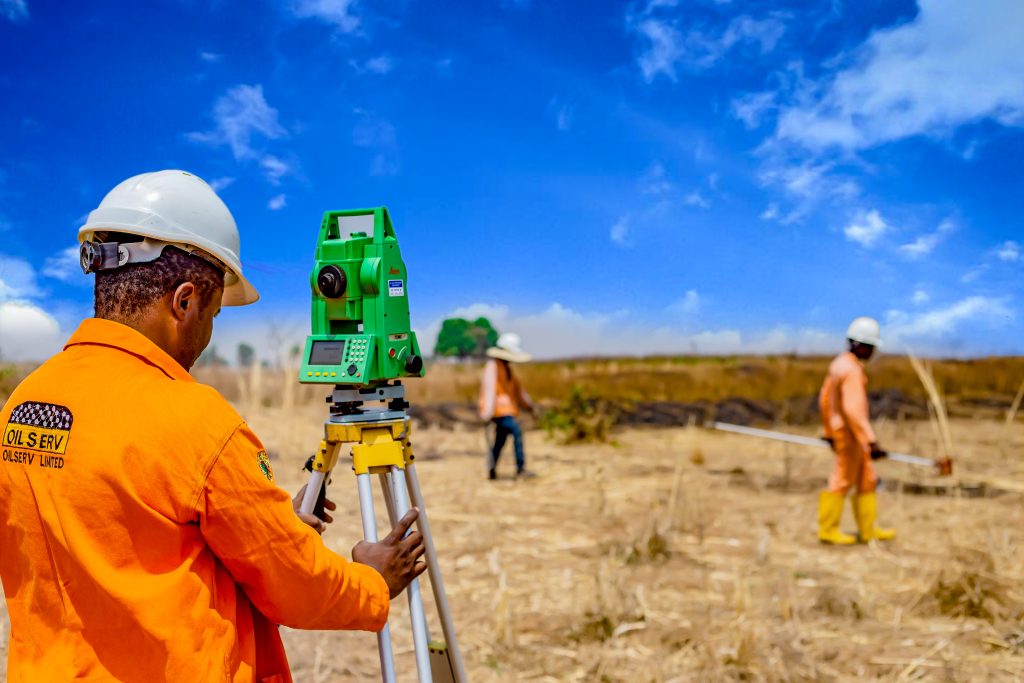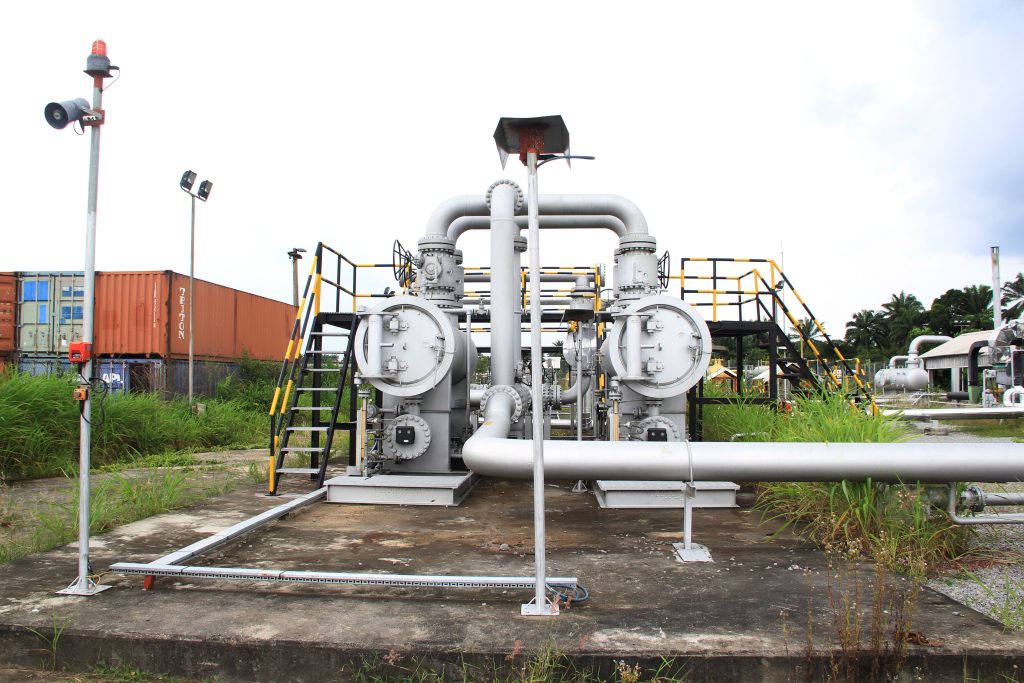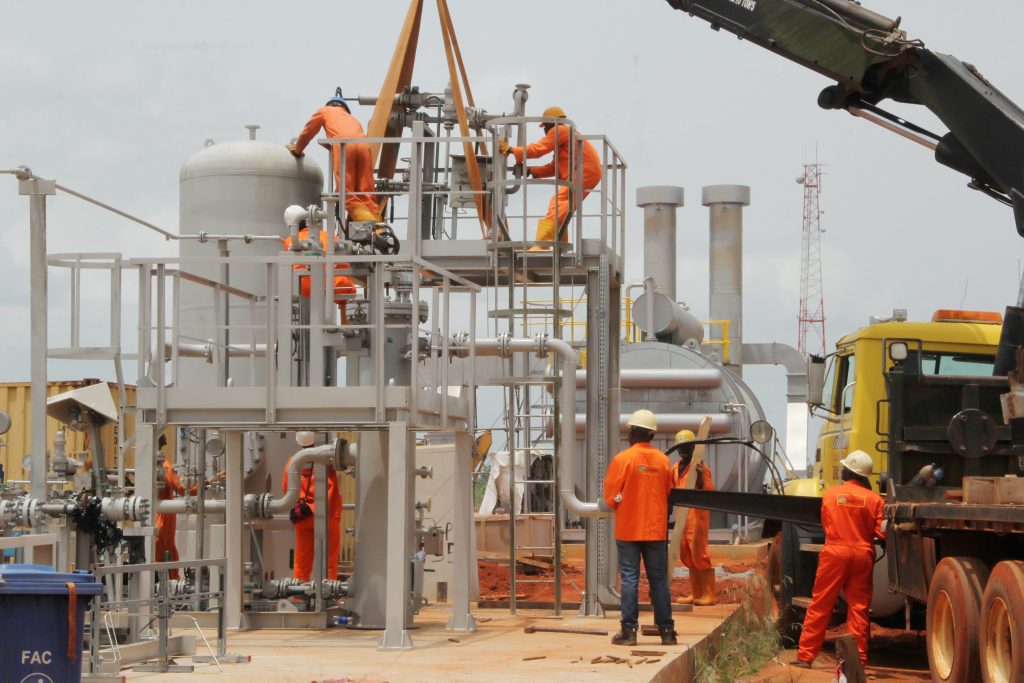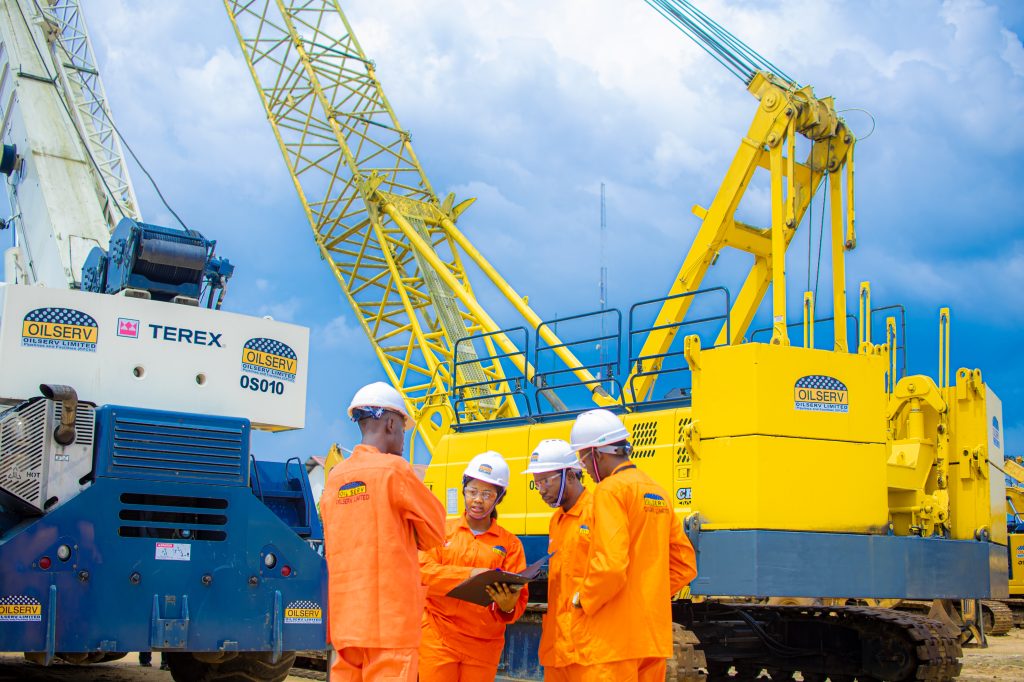Nigeria’s Decade of Gas continues to unfold, presenting a crucial opportunity to position the country as a competitive force in the global gas export market. At the Nigerian International Energy Summit (NIES), Thursday, February 27, 2025, was dedicated to pivotal discussions on gas as a key driver of Nigeria’s and Africa’s economies.
In a special address, the President of the Nigerian Gas Association (NGA), Mr. Akachukwu Nwokedi, emphasized the goal of transforming Nigeria into a gas-based economy by 2030. He highlighted the importance of intra-African trade in fostering sustainable wealth creation and tackling energy poverty across the continent. This reinforces the idea that Nigeria’s Decade of Gas is also a decade of investment, making it necessary to attract sustainable funding across the entire gas value chain—upstream, midstream, and downstream—ensuring all sectors grow together without leaving any behind.
To drive this investment, he emphasized that it is essential to maintain investor-friendly policies, regulations, and frameworks that encourage growth across the gas industry. A strong and strategic approach is needed to ensure Nigeria maximizes its role in Africa’s gas revolution. The key to unlocking this potential lies in enacting smart regulations and financial structures that support large-scale gas projects. According to Mr. Akachukwu, equitable access to energy is not just a national goal but one that can drive growth across Africa as a whole.
The Minister of State for Petroleum Resources (Gas), Rt. Hon. Ekperikpe Ekpo, reinforced Nigeria’s leading position in Africa’s energy transition. He stressed that as discussions about the global energy shift continue, gas must remain central, and Nigeria stands at the forefront. The country has the potential to redefine Africa’s energy and industrial landscape by ensuring energy security, economic diversification, and sustainable industrialization.
However, achieving this requires more than just resources—it demands a well-designed framework that attracts investment, fosters innovation, and promotes infrastructural development. He also noted that holistic policies must be put in place to harness Nigeria’s vast gas resources and translate them into economic growth, job creation, and regional energy security. These policies must prioritize local participation to strengthen domestic capacity and ensure alignment with global climate commitments while positioning gas as a cleaner alternative to coal and oil.
Going further, the Honorable Minister explained that challenges such as financing constraints, security concerns, and infrastructure deficits must also be addressed. While these obstacles exist, they do not diminish the immense opportunities within Africa’s gas sector. Nigeria is poised to play a major role in the continent’s rise as a global LNG supplier, but this will require all stakeholders to seize the moment and act decisively.
During the Panel Session centered on “Scaling LNG Exports – The Road to Global Leadership,” industry leaders explored how Africa can establish a strong energy footprint and compete with leading LNG export countries such as the United States of America (USA), Australia, and Qatar, amongst others. The session also explored strategies to overcome market challenges and boost gas utilization to accelerate industrialisation.
The panel featured distinguished experts, including Ms. Angela Wilkinson, Secretary General/CEO of the World Energy Council (WEC); Eng. Mohamed Hamel, Secretary General of the Gas Exporting Countries Forum (GECF); Mr. Olakunle A. Osobu, Deputy Managing Director of NLNG; Mr. Abiodun Afolabi, Executive Director of Strategy, Business, and Asset Management at TotalEnergies; Mr. Emeka Ene, Chairman of OIDA Inc / NEDOGAS; Mr. Francis Ogaree, Executive Director of Hydrocarbon Processing Plants, Installations, and Transportation Infrastructure at NMDPRA and Engr. Cheta Okwuosa, Group Business Development Manager at Oilserv Group, representing Oilserv’s GCEO, Engr. Emeka Okwuosa, CON.
The discussion was moderated by Mr. Salahuddeen M. Tahir, Head of Asset & Investment Management at NNPC Gas and Power Investment Services and Past Council Chairman, SPE Nigeria Council.
Speaking on the role of LNG in shaping Africa’s energy future, Engr. Cheta Okwuosa shared insights on the continent’s abundant gas resources and the essential role of LNG in aiding gas transportation and availability, enabling Africa to reduce energy poverty and strengthen its global market position. He emphasized that with Africa already holding a significant share in the global gas market, the focus must remain on maximizing these resources to boost economic growth and create a sustainable energy future.
Engr. Cheta also stressed the importance of financing, favorable policies, government support, sustainable investments, and local community engagement. He highlighted that for indigenous companies like Oilserv to thrive in the competitive gas industry, there must be a focus on building and retaining technology, human capacity, and expertise.
One of the key challenges, he noted, is the limited availability of modern technology, which is often dominated by multinational corporations. To bridge this gap, he advocated for strategic partnerships between indigenous and foreign companies, fostering technology transfer, capacity building, and knowledge sharing.
He further emphasized that retaining skilled professionals is just as important as attracting them. Competitive remuneration, employee benefits, and positive workplace conditions must be prioritized to keep top talent within the industry. He pointed out that indigenous companies must also adopt a global mindset by securing the necessary certifications, training, and international standards to ensure that their work competes effectively on the world stage. When local companies can meet global standards, they not only enhance Nigeria’s competitiveness but also contribute to the broader goal of making Africa a key player in the LNG market.
For these efforts to succeed, strong governmental support is needed through favorable policies, an investor-friendly business environment, and well-structured financing options. Engr. Cheta commended the African Energy Bank (AEB) as a step in the right direction, reinforcing the collective goal of maximizing the Decade of Gas and ensuring that Africa becomes a dominant force in the global energy landscape.
In addition to workforce retention and government support for an investor-friendly landscape, Engr. Cheta also stressed the critical role of financing in accelerating domestic gas projects. He explained that financing structures tailored to the unique needs of Africa’s gas industry would be essential in de-risking investments and creating sustainable growth pathways.
He commended initiatives aimed at improving financial accessibility and called for increased government backing in securing the right investment climate for indigenous players.
Building on the momentum of these high-level discussions, Oilserv’s Business Development Manager, Patrick Anoruo, engaged in strategic conversations with representatives of the Belgian Chamber of Commerce, led by Mr. Thomas De Beule. This meeting, a direct follow-up to connections established during the ongoing NIES conference, focused on identifying potential areas of collaboration.
Such engagements underscore Oilserv’s commitment to strengthening international partnerships that drive investment and technological advancement in Nigeria’s gas sector.
Furthermore, the Cuban Ambassador to Nigeria visited Oilserv’s exhibition booth at NIES, reflecting the company’s role as a key player in Nigeria’s gas development.
This visit underscores the growing global recognition of Oilserv’s contributions to advancing gas infrastructure, fostering international energy cooperation, and positioning Nigeria as a leader in the global gas market.
As Nigeria continues to push forward in its Decade of Gas, the discussions at the summit reinforced the urgency of aligning policies, infrastructure development, and human capital with the country’s ambitions. With a shared commitment from industry leaders, policymakers, and investors, Nigeria and Africa at large are well-positioned to harness their gas resources for economic growth, energy security, and a more industrialized future.
The conversation does not end here. Nigeria’s energy sector must now translate these insights into action, ensuring that the vision for a gas-powered industrial revolution is fully realized. The Decade of Gas is not just a vision; it is a commitment, and the time to act is now.





















